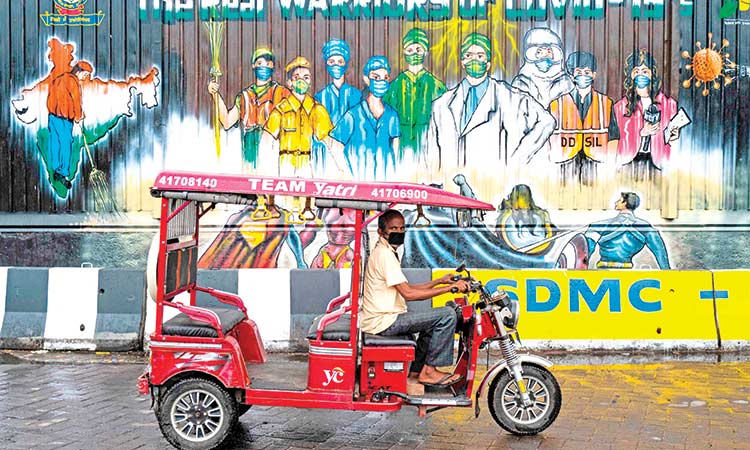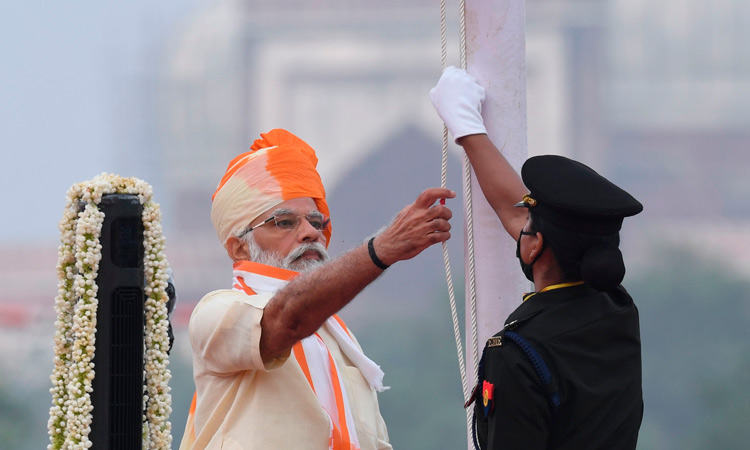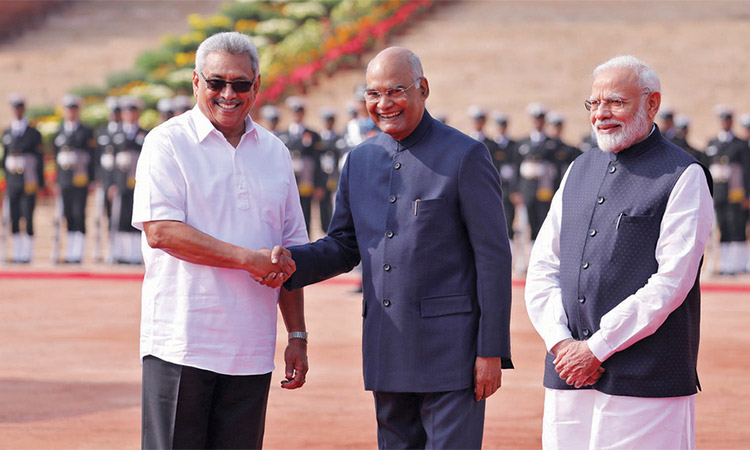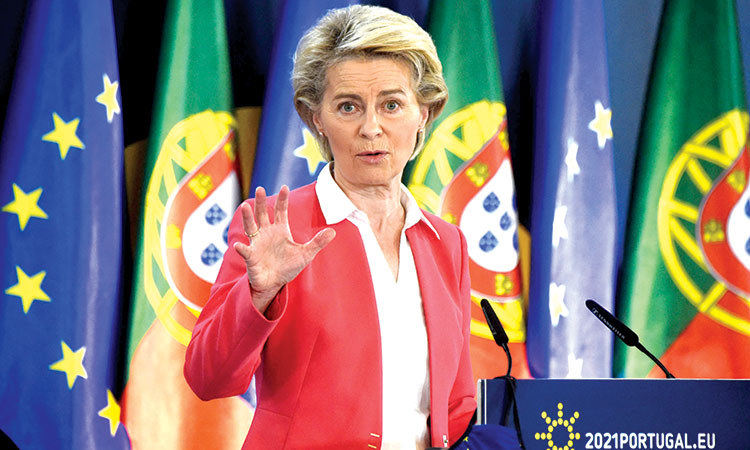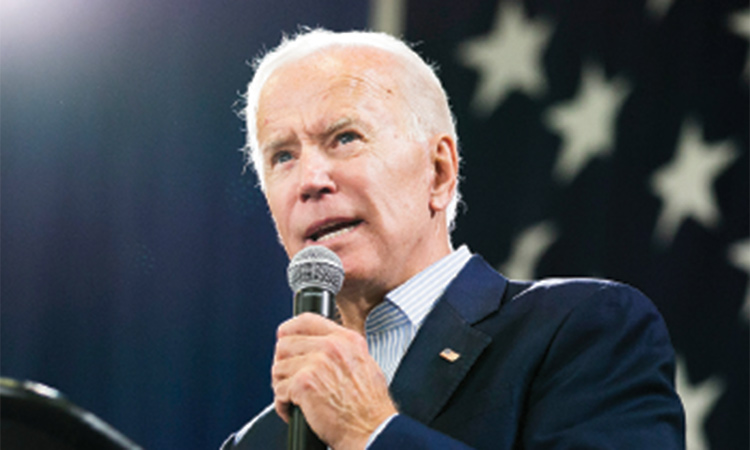2022 a good year for India’s economy
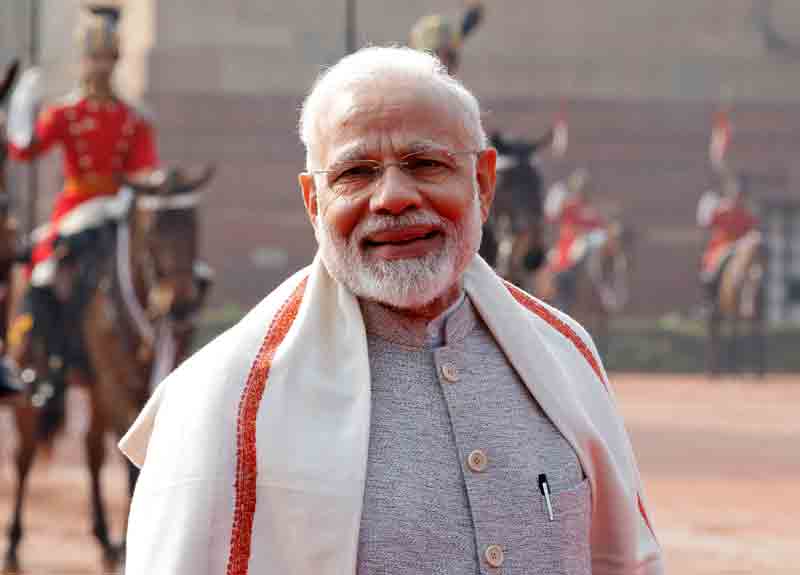
Narendra Modi. File
Over 800 million people received an extra 5 kg of free rice or wheat in the last 28 months as COVID-19 ravaged their finances.
From January India will end the additional 5 kg per person of food aid issued during the COVID-19 pandemic and for one year will issue 5 kg of free food. The government expects to save nearly $20 billion a year by ending the COVID free food scheme, according to Reuters.
India’s economy grew faster during the first half of 2022-23 than other economies, driven by strong demand and investment. Inflationary pressures have been moderating since October, with retail inflation tempering to an 11-month low in November.
These are the views of the Reserve Bank of India (RBI) in its economic outlook.
The government has put up a brave front by saying that despite falling rupee, rising inflation and fluid geopolitical situation arising mainly out of the Russia-Ukraine war, Indian economy has performed better than many of the global economies.
This can be gauged from what RBI Governor Shaktikanta Das said in the foreword of the 26th financial stability report, which was released on December 29, according to a report by Indo-Asian News Service
Das wrote in the foreword that amid global challenges, the Indian economy presents a picture of resilience and the regulators are ready to take appropriate action to preserve financial stability. In 2023, India is well positioned to play a leading role in the world stage as part of its G20 presidency. The biggest challenge for G20 as a group is to re-ignite the efficacy of multilateralism, he said in the foreword.
Das further said that the international economic order stands challenged and financial markets are in turmoil due to monetary tightening in most parts of the world.
Food and energy supplies and prices are under strain, debt distress is staring at many emerging market and developing economies, and every economy is grappling with multiple challenges, he said.
“Amid such global shocks and challenges, the Indian economy presents a picture of resilience. Financial stability has been maintained. Domestic financial markets have remained stable and fully functional. The banking system is sound and well-capitalised,” the RBI Governor noted. In spite of formidable global headwinds, he said India’s external accounts remain well-cushioned and viable.
The RBI recognises the destabilising potential of global risks even as it draw strength from the robust macroeconomic fundamentals of the Indian economy, Das elaborated.
“The Reserve Bank and the other financial regulators remain vigilant and in readiness to ensure the stability and soundness of our financial system through appropriate interventions, whenever necessary, in the best interest of the Indian economy,” he said.
The year 2022 was really a happy year for the Indian banks -- both government and private. The banks enjoyed arbitrage between the lending and deposit rates, higher credit demand, lower loan provisions (government-owned banks posted handsome profits) and others. The year also saw mergers and acquisitions (M&A) in the sector with housing finance major HDFC Ltd deciding to merge with HDFC Bank Ltd, Axis Bank acquisition of Citibank’s consumer banking business, and the government announcing the privatisation of its IDBI Bank Ltd.
“Conclusion of these deals is likely to happen in CY2023 and similar deal momentum is likely to continue in CY2023,” South Indian Bank MD and CEO Murali Ramakrishnan said.
On November 7, Finance Minister Nirmala Sitharaman said 12 PSBs registered handsome net profits during Q2FY23 and also H1FY23.
